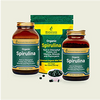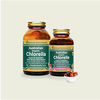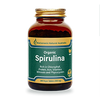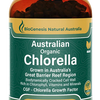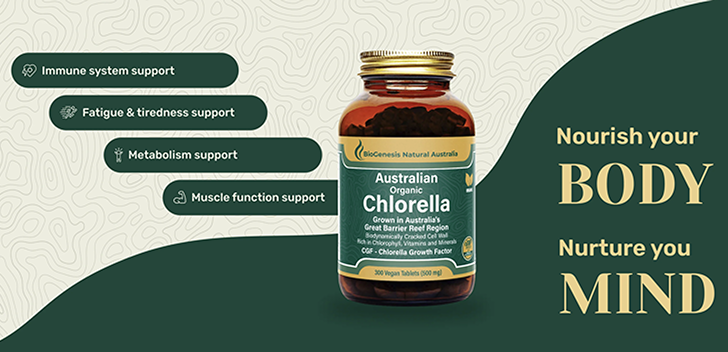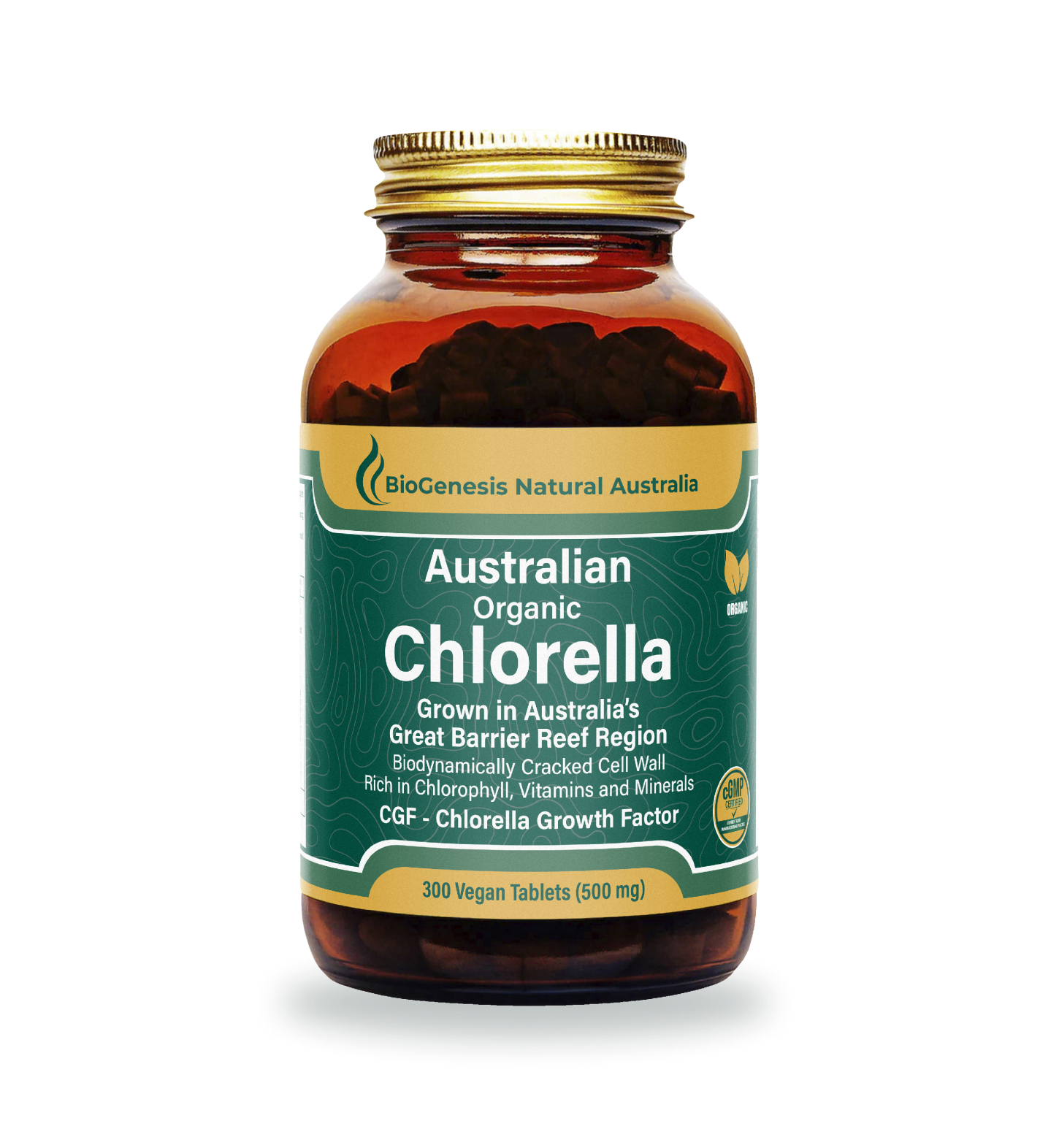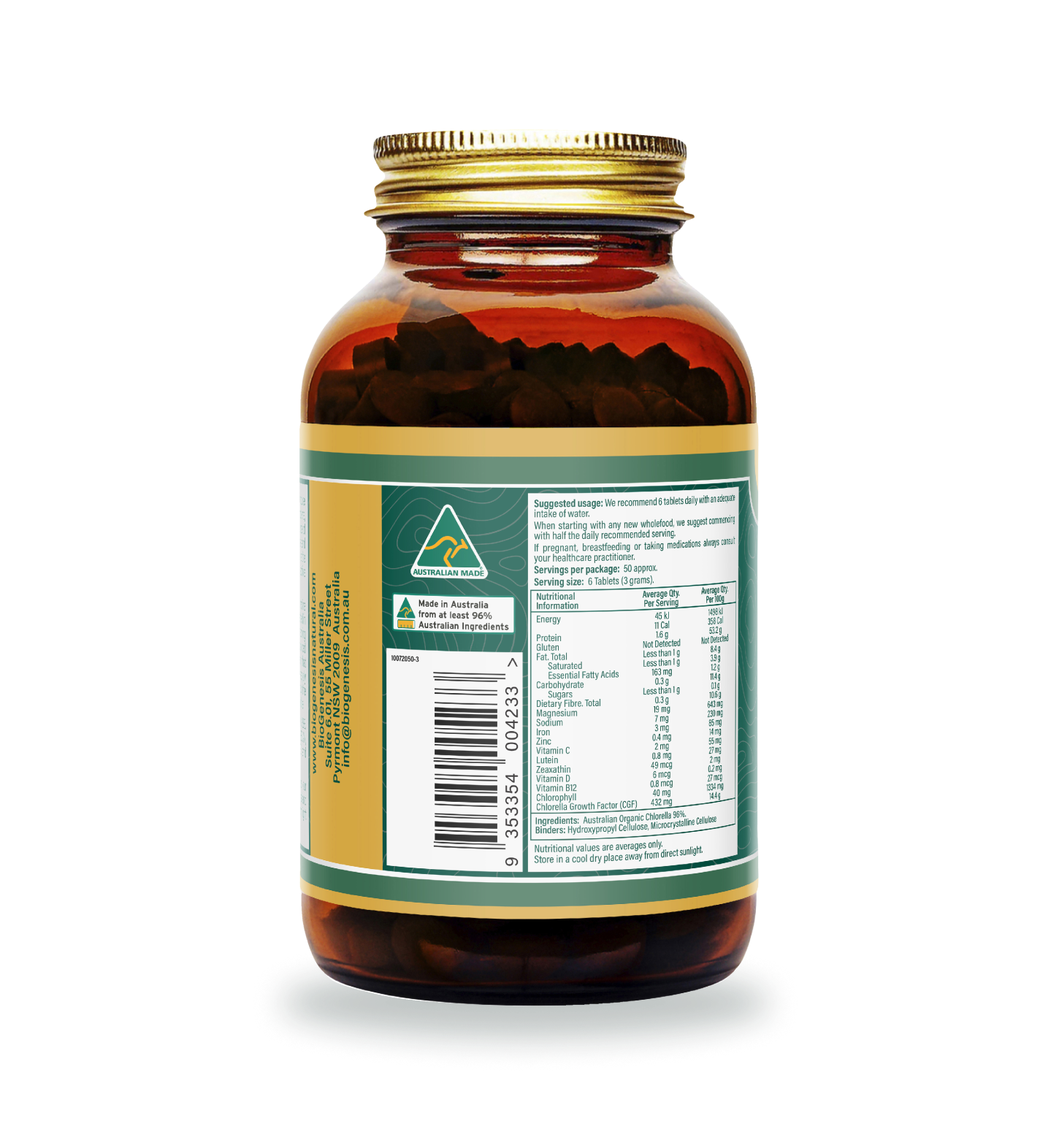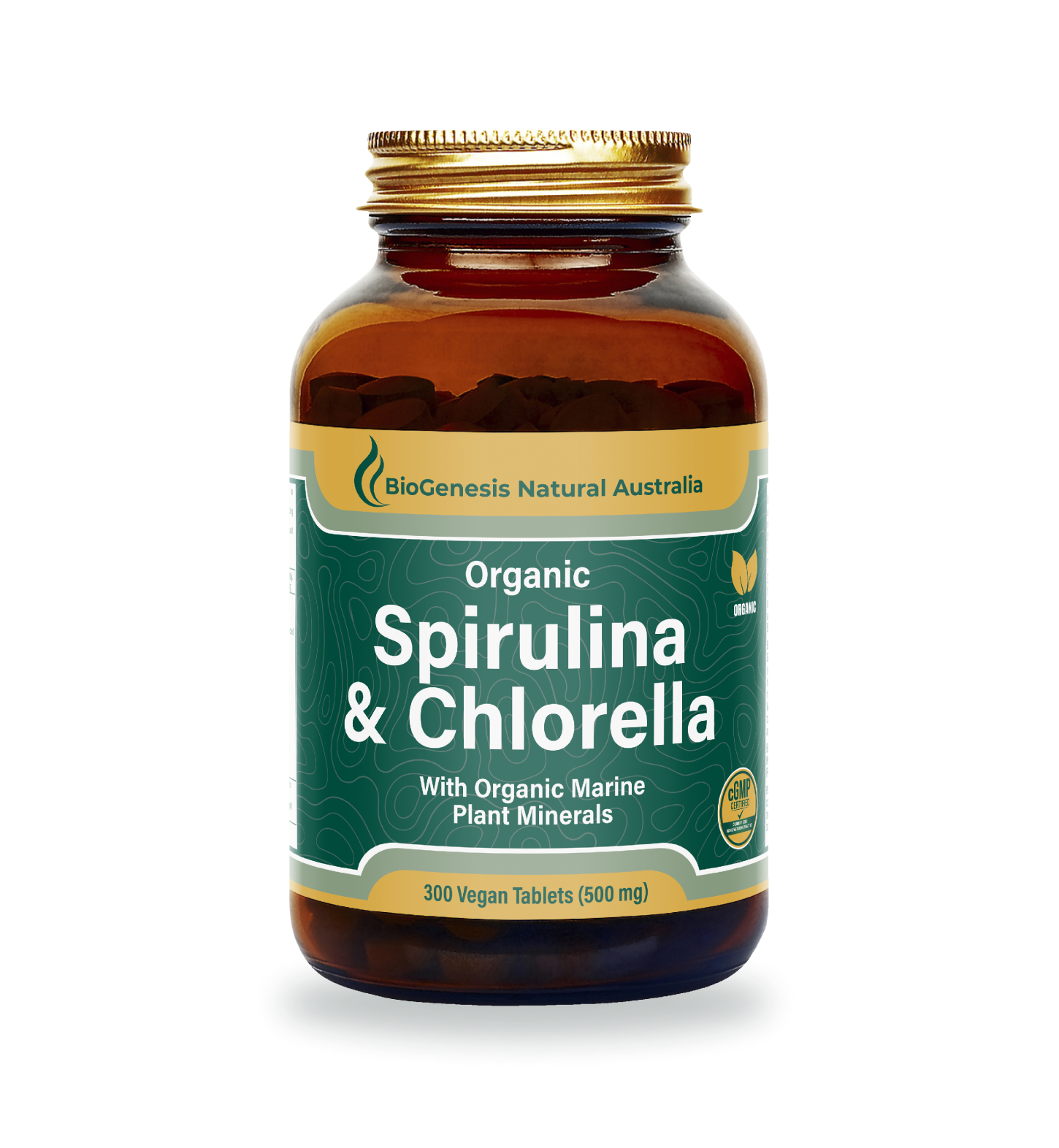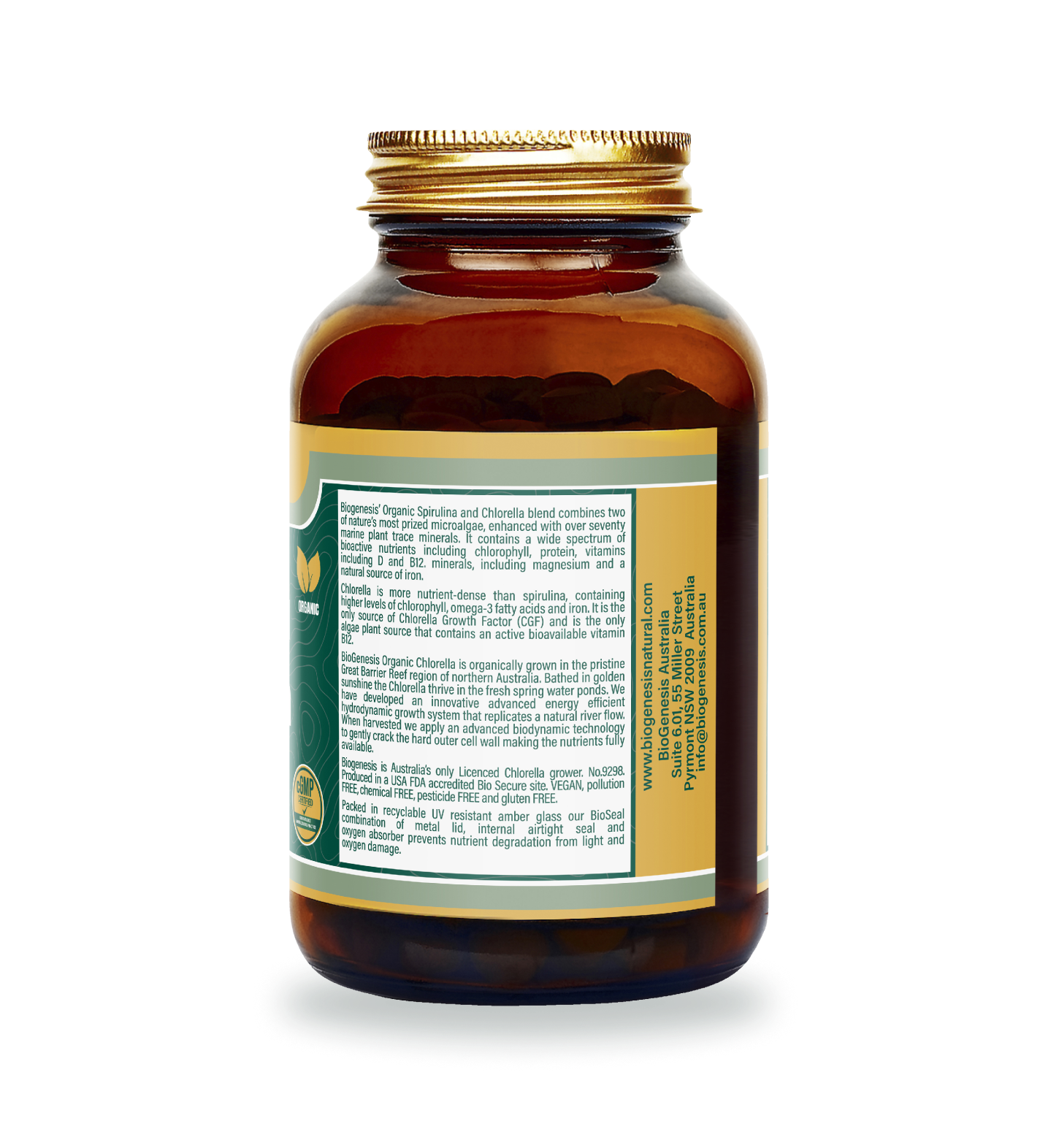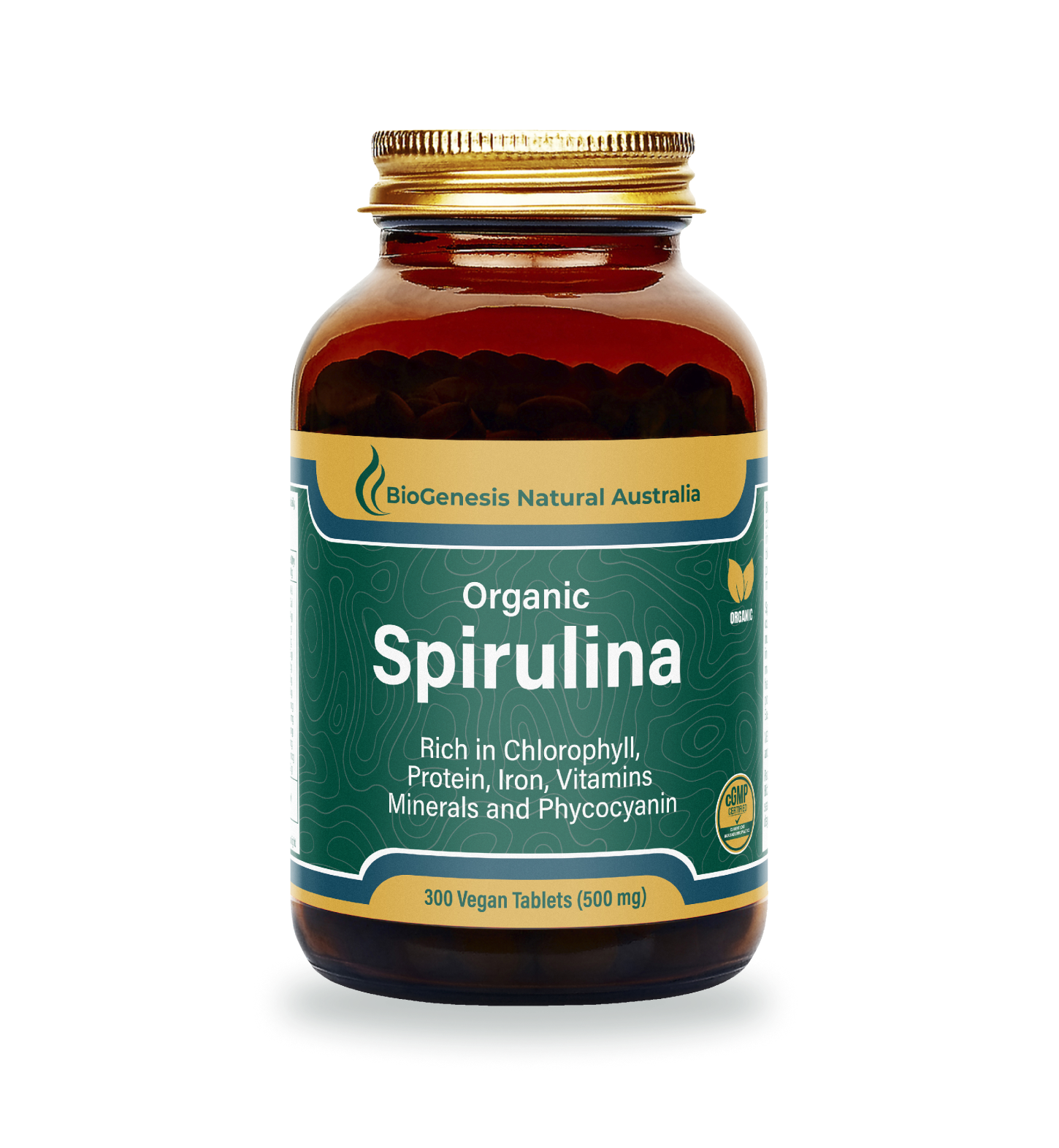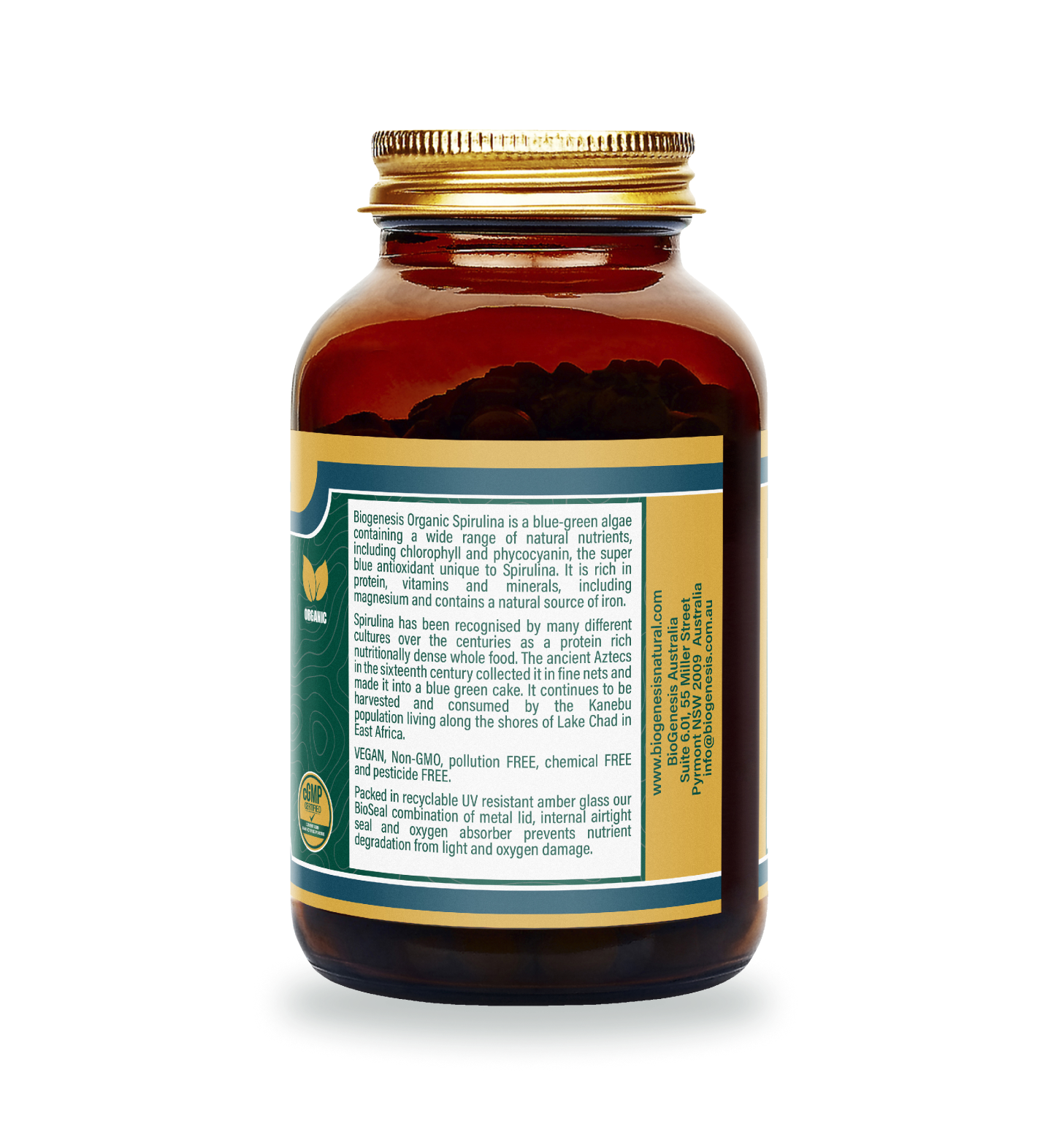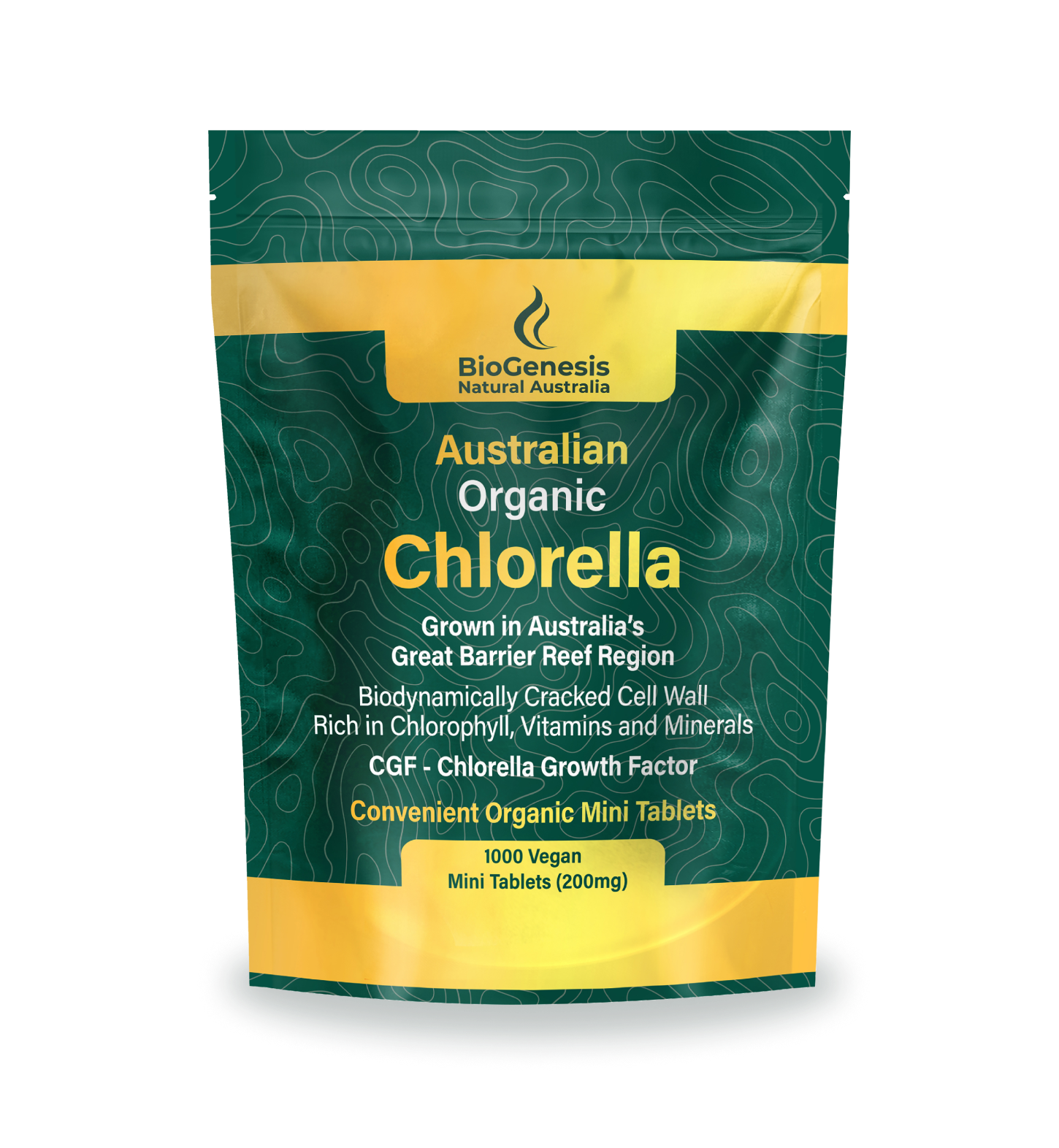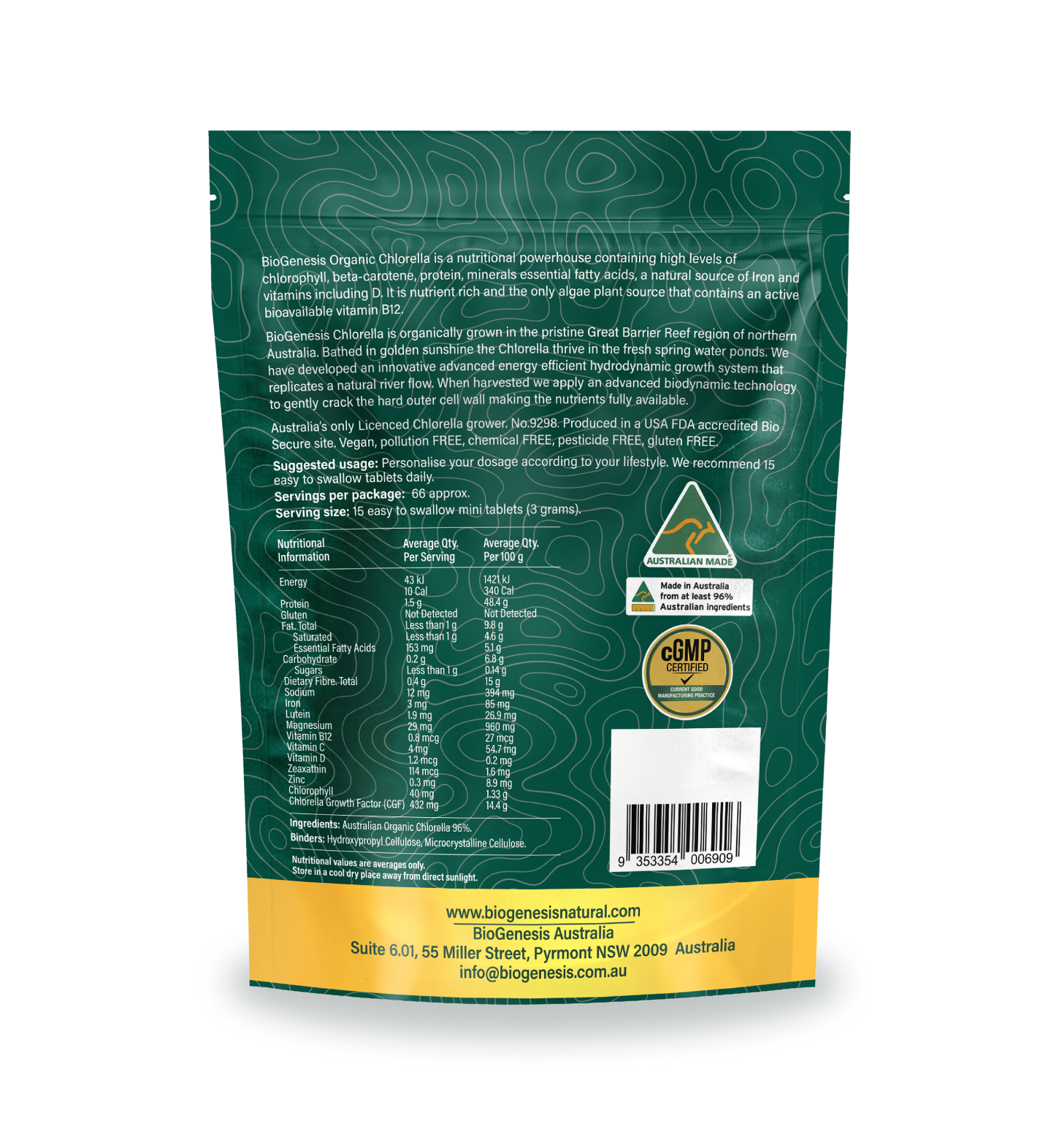Popular Reads

Can Chlorella Assist With General Fatigue?
Fatigue is something everyone experiences at some point or another. Most often, it's in response to a lack of sleep, dietary issues, or periods of high stress, though there are many other factors that can contribute to its development (Bassi 20081). Fatigue can be temporary or chronic, with a broad range of severity. Naturally, the specific causes of fatigue for each case determine the ways to reverse it. The occurrence of chronic fatigue is surprisingly common, and it's most often due to a combination of factors (Junghaenel 20132). One part of the solution is diet related. Addressing nutrition inadequacies and imbalances is a vital component of managing energy levels. Chlorella has been highlighted by many researchers as being one helpful dietary strategy for targeting several fatigue-related issues (Noguchi 20133).
Fatigue can come from several different dietary issues: too much or little food, nutrient deficiencies, or poor nutrition as a cause or instigator for disease (Tardy 20204). Proper nutrition is firstly needed for calories which are converted into energy. Beyond this, many vitamins and minerals are required for effective energy metabolism (Tardy 20204). The path from food to energy via digestion is complex and requires a multitude of vitamins and minerals to take part in chemical reactions. The most essential required micronutrients for metabolism are: b vitamins, vitamin c, zinc, iron, and magnesium (Tardy 20204). This may partially explain why chlorella has been shown to improve energy levels, as it is a good dietary source of all of the aforementioned nutrients (Rani 20185).
The second possible diet-related cause of chronic fatigue is when poor diet contributes to illness. Most illnesses, if not all, take an energetic toll on the body. In particular, diabetes is known to cause feelings of tiredness (Fritschi 20106).
Another significant factor that can lead to chronic fatigue is chronic stress. The phenomena of oxidative stress in particular is a well known cause of low-energy and other unpleasant systems (Fukuda 20168). Oxidative stress occurs when the body has an excess of dna-damaging free radicals in the body. This can stem from countless environmental sources, all with the common effect of causing inflammation (Fukuda 20168). This is another area where chlorella's unique benefits can be of assistance. Chlorella is very high in a number of antioxidant nutrients which may combat oxidative stress, and it has anti-inflammatory properties (Lee 20109). Chlorella has been shown to reduce symptoms of fatigue in otherwise healthy subjects with these effects (Okada 201710).
While there certainly is more to the issue of fatigue than chlorella can comprehensively address, such as sleep issues, medication side effects and mental health aspects, it can certainly serve as a component of an otherwise healthy lifestyle to help maximize energy and vitality.
References
Doria, A., Caligiuri, P., & Pizzigallo, E. (2009). Chronic fatigue syndrome: Characteristics and possible causes for its pathogenesis. International Journal of Immunopathology and Pharmacology, 22(1), 15-24. Retrieved from https://www.researchgate.net/profile/Andrea-Doria-3/publication/5551032_Chronic_fatigue_syndrome_Characteristics_and_possible_causes_for_its_pathogenesis/links/02e7e51fa04a5a14e8000000/Chronic-fatigue-syndrome-Characteristics-and-possible-causes-for-its-pathogenesis.pdf
Naviaux, R. K., Naviaux, J. C., Li, K., Bright, A. T., Alaynick, W. A., Wang, L., ... & Gordon, E. (2013). Metabolic features of chronic fatigue syndrome. Proceedings of the National Academy of Sciences, 113(37), E5472-E5480. https://doi.org/10.1073/pnas.1607571113
Gupta, A., & Silman, A. J. (2014). Psychological stress and fibromyalgia: a review of the evidence suggesting a neuroendocrine link. Arthritis Research & Therapy, 6(3), 98-106. https://doi.org/10.1186/ar1176
Brown, B. I. (2020). Chronic fatigue syndrome: a personalized integrative medicine approach. Global Advances in Health and Medicine, 9, 2164956120906853. https://doi.org/10.1177/2164956120906853
Kumar, S., & Suresh, P. (2018). Spirulina: A potent source of valuable bioactive constituents and its health benefits. The Pharma Innovation Journal, 7(7), 431-435. Retrieved from https://www.thepharmajournal.com/archives/2018/vol7issue7/PartJ/7-7-62-339.pdf
Klimas, N. G., Broderick, G., & Fletcher, M. A. (2010). Biomarkers for chronic fatigue. Brain, Behavior, and Immunity, 24(8), 1209-1216. https://doi.org/10.1016/j.bbi.2010.03.011
Gammone, M. A., Riccioni, G., & Parrinello, G. (2018). Omega-3 polyunsaturated fatty acids: benefits and endpoints in sport. Nutrients, 11(1), 46. https://doi.org/10.3390/nu11010046
Mattson, M. P. (2015). Lifelong brain health is a lifelong challenge: from evolutionary principles to empirical evidence. Ageing Research Reviews, 20, 37-45. https://doi.org/10.1016/j.arr.2014.12.011
Marventano, S., Kolacz, P., Castellano, S., Galvano, F., Buscemi, F., Mistretta, A., & Grosso, G. (2015). A review of recent evidence in human studies of n-3 and n-6 PUFA intake on cardiovascular disease, cancer, and depressive disorders: does the ratio really matter? International Journal of Food Sciences and Nutrition, 66(6), 611-622. https://doi.org/10.3109/09637486.2015.1077790
Tsuge, K., Kataoka, Y., & Seto, Y. (2017). Effects of a Spirulina-based dietary supplement on cytokine production from allergic rhinitis patients. Journal of Medicinal Food, 20(2), 171-178. https://doi.org/10.1089/jmf.2016.3775

Always Feeling Hungry? Try These 6 Tips!
Well, you may be able to reduce your appetite by increasing the hormone "Lepin".It is produced in the fat stores of your body and signals your brain when you're full, triggering you to stop eating.Some strategies that may improve your leptin levels include:1. Strategic overfeeding. This includes a day where for a short period of time that you eat more than you normally do.2. Avoid high consumption of omega-3.3. Include dairy in your diet.4. Increase your Zinc consumption by adding 2 teaspoons of Biogenesis Natural Chlorella Powder.5. Don’t over train.6. Get around 8 hours sleep- less than 8 hours can lower leptin by up to 20%.References1. Chen, M. D., Song, Y. M., & Lin, P. Y. (2000). Zinc may be a mediator of leptin production in humans. Life Sciences, 66(22), 2143-2149.2. Hariri, M., Ghiasvand, R., Shiranian, A., Askari, G., Iraj, B., & Salehi‐Abargouei, A. (2015). Does omega‐3 fatty acids supplementation affect circulating leptin levels? A systematic review and meta‐analysis on randomized controlled clinical trials. Clinical endocrinology, 82(2), 221-228.3. Havel, P. J., Townsend, R., Chaump, L., & Teff, K. (1999). High-fat meals reduce 24-h circulating leptin concentrations in women. Diabetes, 48(2), 334-341.



